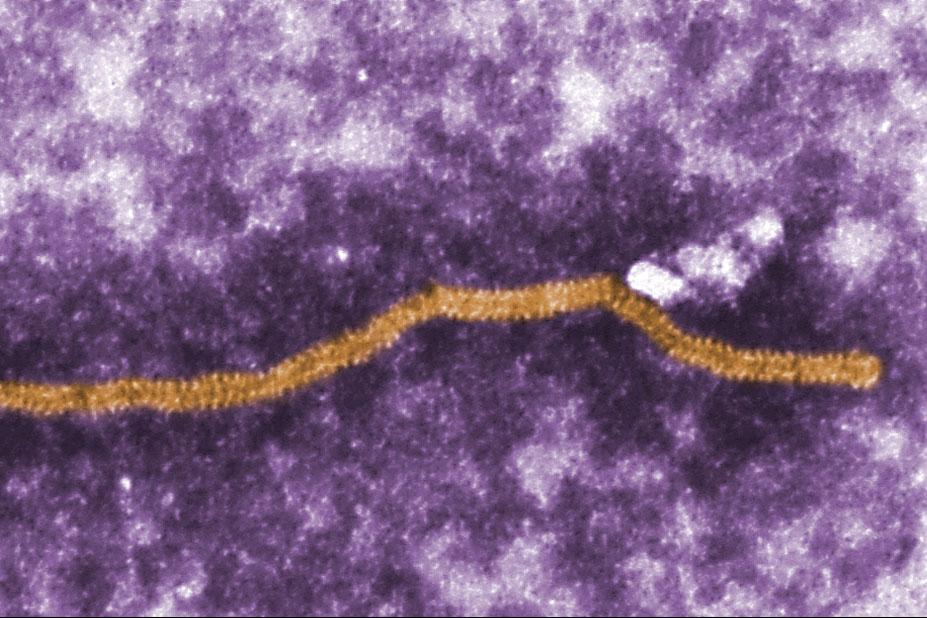The Nipah virus is a highly pathogenic zoonotic paramyxovirus with pandemic potential.
Nipah virus infection results in a respiratory and neurological disease in humans that is often fatal. Despite the significant threat Nipah virus poses to both human and animal populations across Southeast Asia, neither licenced vaccines nor therapeutics are currently available to prevent or treat infection.
DNA has advantages over other platforms for delivery of vaccines and therapeutics, such as low production cost, time-to-impact and enhanced stability for transportation/storage. This project exploits our recently established DNA-delivery platform in the context of Nipah virus vaccines and therapeutics. Whilst the protective antigens from the Nipah virus are well defined and could be readily engineered in the DNA vaccine platform, there are a limited number of human monoclonal antibody-based therapeutic candidates, with only one in clinical testing. We therefore aim to isolate new therapeutic candidate monoclonal antibodies from human volunteers in Malaysia, who previously recovered from Nipah virus infection.
Both DNA-encoded vaccine and therapeutic monoclonal antibody candidates will be evaluated in three preclinical animal models. Vaccine and therapeutic candidates will be evaluated for immunogenicity and pharmacokinetics, respectively, in mice and then pigs. And finally, vaccine and therapeutic candidates will be tested for their ability to protect hamsters against Nipah virus infection.
Aims and objectives
We aim to apply our (i) expertise in Nipah virus vaccinology and preclinical models, (ii) unique access to Nipah virus survivors, and (iii) innovative DNA delivery platform, to address the need and advance the development of safe, efficacious, and cost-effective Nipah virus vaccines and therapeutics. This will be achieved through these objectives:
- Isolate novel therapeutic candidate monoclonal antibodies from human Nipah virus survivors.
- Evaluate the pharmacokinetics and efficacy of DNA-encoded therapeutic candidate monoclonal antibodies in preclinical animal models.
- Assess the immunogenicity and efficacy of a DNA vectored Nipah virus vaccine candidate in preclinical animal models.
Outputs and impact
Discovery and preclinical testing of DNA encoded Nipah virus vaccine and therapeutic candidates.
Critical data to support the further evaluation of the vaccine/therapeutic candidates in clinical trials, ultimately leading to the availability of much needed medical countermeasures against Nipah virus.
Funding
Collaborators
- Dr James Dixon Biodiscovery Institute
- Dr Li Yen Chang Welcome to Universiti Malaya
- Dr Won Fen Wong Welcome to Universiti Malaya
- Dr Bradley Pickering National Centre for Foreign Animal Disease (NCFAD) Winnipeg



